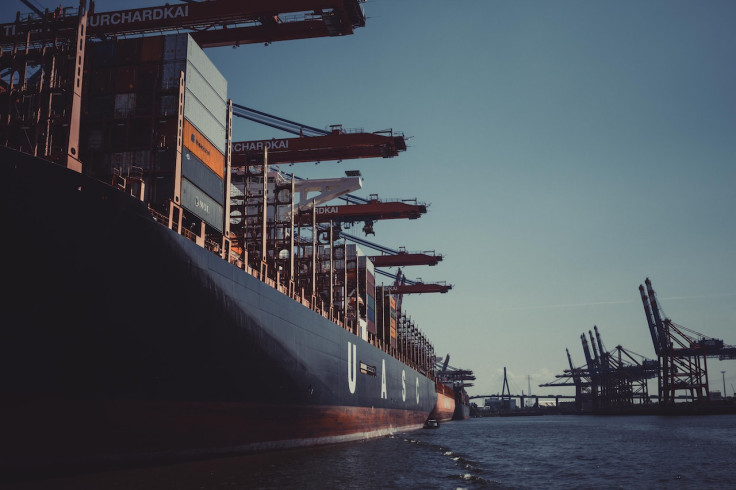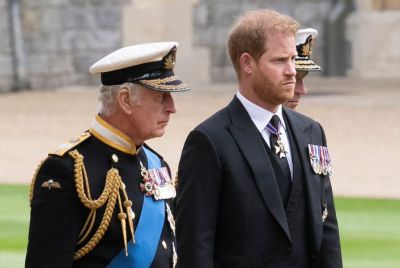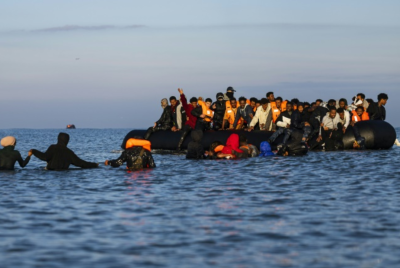UK to cut tariff on imports from developing countries starting next year
The U.K. is set to cut tariffs on hundreds of products from developing countries in a bid to boost trade links and reduce costs for consumers. The country is using its post-Brexit powers to introduce a new scheme described as "one of the world's most generous trading schemes" with developing countries.
In a press release on Monday, the U.K. government announced the new Developing Countries Trading Scheme (DCTS), which was launched by International Trade Secretary Anne-Marie Trevelyan. The new scheme goes further than the EU's Generalized Scheme of Preferences as it extends tariff cuts to hundreds of more products from developing countries.
The DCTS, which will take effect early next year, will cover 65 countries from Africa, Asia, Oceania, and the Americas. It will replace the old U.K. Generalised Scheme of Preferences that was carried over from the country's previous EU membership, according to Bloomberg.
The extension of the tariff cuts to hundreds of more products will be on top of the thousands of products that developing countries can already export to the UK duty-free. With its implementation next year, 99 percent of products from Africa will be covered under the scheme and will enter the country duty-free.
"As an independent trading nation, we are taking back control of our trade policy and making decisions that back U.K. businesses, help with the cost of living, and support the economies of developing countries around the world," Anne-Marie Trevelyan said.
Aside from helping the economies of developing countries, the new scheme will also lower the costs of imported products for U.K. consumers. "U.K. businesses can look forward to less red-tape and lower costs, incentivizing firms to import goods from developing countries," Trevelyan added.
Under the scheme, a wide variety of products and foods not widely produced in the UK will enjoy lower or zero tariffs. These include clothes, shoes, tomatoes, and olive oil.
"These new rules will be a game changer for us," said Mohammed Jabbar Managing Director of the Bangladesh-based family business DBL Group. "They mean we will be able to source our cotton from many more countries than we could before, which will make the business more competitive and our supply chains a lot more resilient."
The new scheme is part of the U.K.'s government's efforts to drive a pro-growth, free-trade agenda across the globe. This is done by using trade to help eradicate poverty and drive prosperity.
The government also launched Platinum Partnerships, a new initiative aimed at growing trade between the U.K. and selected lower and middle-income Commonwealth countries. The partnerships also target to strengthen two-way trade and investments, help countries deal with climate change, and reduce their dependency on aid.






















